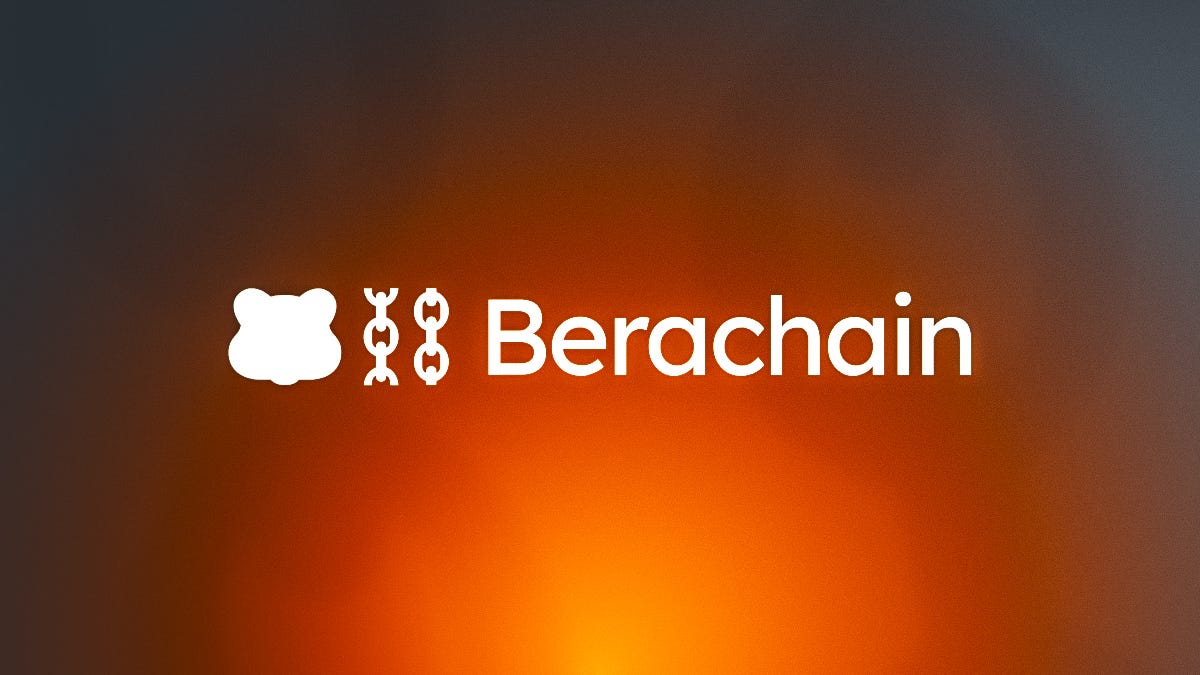The US, Qatar and Egypt have presented a proposal that aims to bridge gaps between Israel and Hamas after months of deadlock in talks to end the war in Gaza and secure the release of Israeli hostages.
After two days of crunch negotiations in Doha involving US and Israeli spy chiefs and senior Qatari and Egyptian officials, the mediators said they would meet in Cairo before the end of next week “with the aim to conclude the deal under the terms put forward today”.
The US-led talks are viewed as critical to securing a ceasefire in Gaza and easing regional tensions amid fears of a broader regional conflagration, after Iran and Lebanese movement Hizbollah vowed to retaliate for the assassination of two militant leaders last month.
Western and Arab nations have been involved in a flurry of diplomacy in recent days in an attempt to restrain Iran and Hizbollah, and pressure Israel and Hamas to agree to the hostage and ceasefire deal.
“There is no further time to waste, nor excuses from any party for further delay,” the US, Qatar and Egypt, who are mediating the talks, said in a joint statement. “It is time to release the hostages and detainees, begin the ceasefire and implement this agreement.”
The mediators said they had presented Israel and Hamas with a “bridging proposal that is consistent with the principles laid out” in a plan endorsed by US President Joe Biden in May.
That plan envisaged a three-phase agreement, with an initial six-week pause in the war during which Hamas would release women, including female soldiers, along with the elderly and wounded held captive in the besieged strip.
This would be followed by what mediators hope would be an extended ceasefire, in effect ending the war triggered by Hamas’s October 7 attack, during which the remaining hostages would be freed.
Biden on Friday said the talks were making good progress and that while the sides were “not there yet”, an agreement could be “close”.
“We’re much, much closer than we were three days ago,” he said.
Biden spoke with the leaders of Qatar and Egypt on Friday to review “the significant progress” made, National Security Council spokesperson Sean Savett, said.
US officials said the Israeli negotiating team was “clearly empowered” helping to fuel some optimism about the process after Netanyahu had last month issued new demands.
Before the Cairo session took place, the sides would try to narrow gaps about how to implement the deal, such as finalising a list of hostages and Palestinian prisoners to be released and the sequence of their release, the senior official said.
They were also working through issues surrounding civilians moving from southern Gaza back to northern Gaza as well as the status of the Gaza-Egypt border region, known as the Philadelphi corridor.
“We think basically [this] is a deal that is now ready to close and implement and move forward,” the senior official said.
US Secretary of State Antony Blinken will travel to Israel on Saturday to discuss the deal and stress the need for all parties in the region “to avoid escalation or any other actions that could undermine the ability to finalise an agreement”, the state department said.
Israel says that more than 100 hostages seized on October 7 remain in Gaza, but at least a third of them are no longer alive.
Israel would release Palestinian prisoners in exchange for the hostages, allow more aid into the strip and allow displaced Gazans to return to their homes across the enclave, including the north.
The mediators have previously been optimistic of getting a deal over the line, but the talks were repeatedly bogged down by Hamas’s insistence that any agreement include a guarantee that it would end with a permanent ceasefire, something Israeli Prime Minister Benjamin Netanyahu has vociferously rejected.
They hoped they had overcome that hurdle in early July when Hamas conceded that talks on how to end the war could be delayed until the completion of the first phase, rather than before it began.
But Netanyahu came back later that month with additional demands, according to people briefed on the talks, including a refusal to withdraw Israeli troops from the Gaza-Egypt border region, known as the Philadelphi corridor. He also said Israel would not allow the free “unvetted” movement of displaced Palestinians back to the strip’s north.
Regional tensions then soared after Israel blamed Hizbollah for a rocket attack in the Israeli-occupied Golan Heights that killed 12 youngsters on a football pitch. Israel retaliated by launching an air strike in southern Beirut, Hizbollah’s heartland, that killed Fuad Shukr, the movement’s military chief.
Hours later Ismail Haniyeh, Hamas’s political leader and main negotiator at the hostage talks, was killed in an attack in Tehran, which Hamas and Iran blamed on Israel.
Despite the mediators’ upbeat statement, there are likely to be huge challenges in persuading Israel and Hamas, which deeply distrust one another, to agree on terms.
Hamas this week insisted that any deal should be based on a version of the plan endorsed by Biden it favoured in July.
Netanyahu, who has vowed to pursue “total victory” against Hamas, has maintained he has not submitted any new conditions, blaming the impasse on Hamas. But this week he doubled down on his insistence that Israeli troops would not withdraw from the Philadelphi corridor.
Netanyahu’s office said on Friday that Israel “appreciates the efforts of the US and the mediators to dissuade Hamas from its refusal for a hostage release deal”.
Credit: Source link














